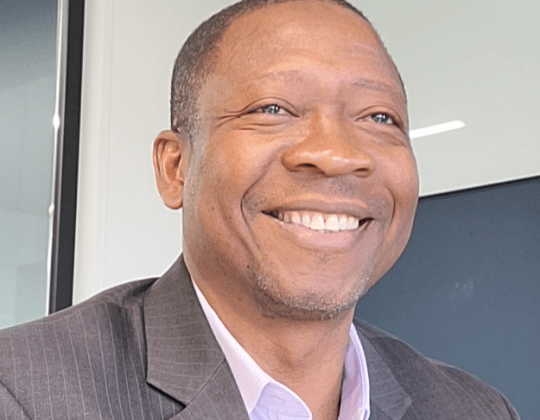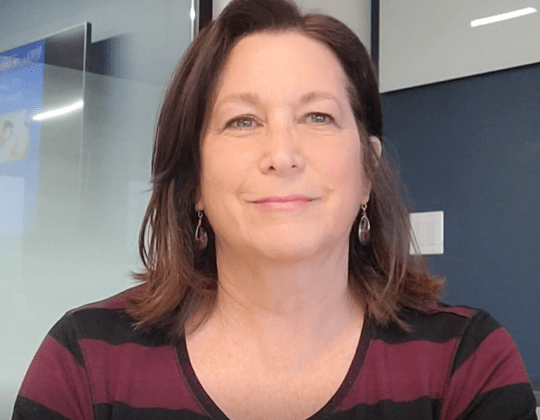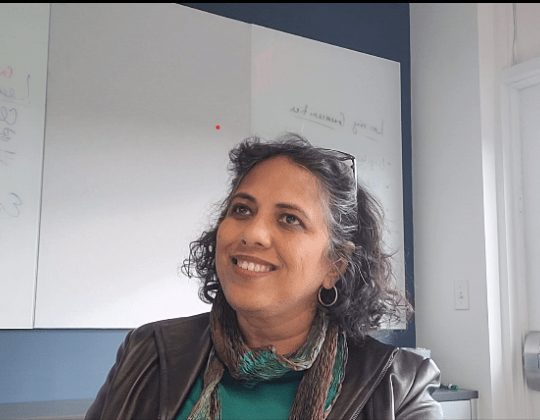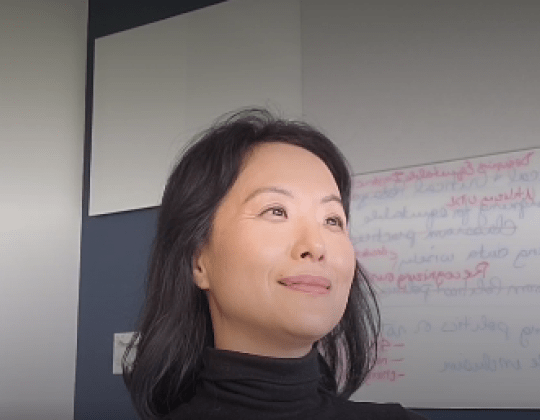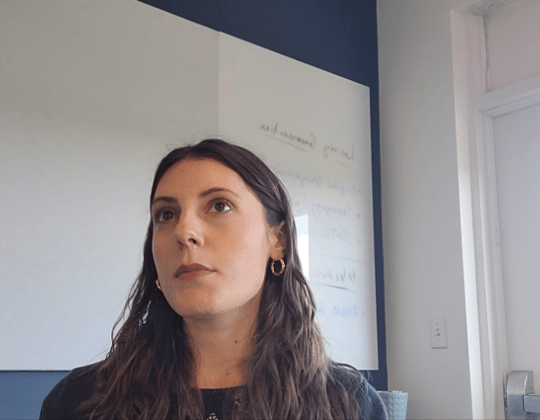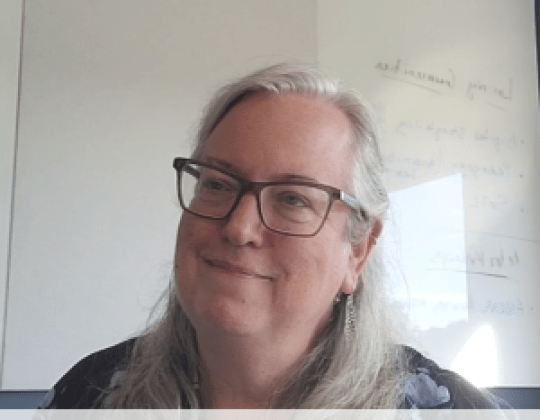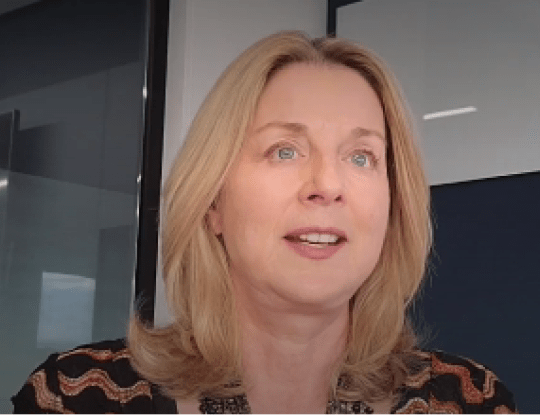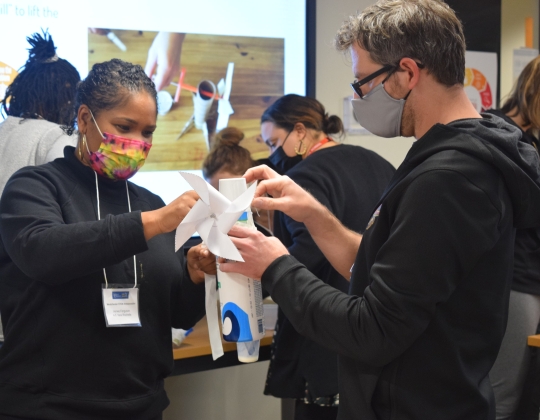Center for Teaching and Learning

The Center for Teaching and Learning (CTL) promotes teaching excellence for student success in alignment with the Mercy University mission and strategic goals. CTL is dedicated to fostering faculty development and the pursuit of teaching excellence across all disciplines and modalities via programming, faculty-led learning communities, and the development of learning modules on successful teaching practices.
In addition to participating in professional development events, faculty members are welcome to schedule a consultation with a CTL instructional designer at any point in the semester. Topics incude syllabus design, student engagement techniques, and inclusive pedagogy.
To schedule a consultation, please reach out via the CTL email: CTL@mercy.edu
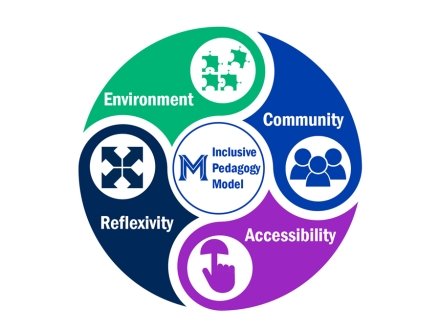
CTL Inclusive Pedagogy Course
Faculty are invited to explore CTL's self-paced Inclusive Pedagogy course which provides best practices for creating an inclusive teaching and learning environment in which all students can succeed.
This course is comprised of three quick, easy-to-access modules which can be viewed independently or together and which feature the voices of Mercy University community members.To read more about the course, click here.
To access this and other CTL self-paced learning modules, log onto the Faculty Development Resources on Blackboard under Organizations.
Center for Teaching and Learning Events and Programs
CTL provides faculty support via events and programming that are grounded in evidence-based practices and that advance our commitment to creating learning environments in which all students can succeed. CTL events are hybrid and faculty can join in person or online.
To view upcoming events and register, please access the CTL Faculty Development Resources Organization on Blackboard using your Mercy University credentials.

CTL Teaching and Learning Matters Podcast
The CTL Teaching and Learning Matters podcast features the voices and expertise of Mercy faculty as we explore evidence-informed pedagogical practice and the art of facilitating learning for all students.
Episode 1 featuring Saliha Bava, PhD, SSBS: What does it mean to teach inclusively?
Episode 2 featuring Susan Moscou, PhD, SHNS and Allison Murphy, PhD, SHNS: Radical Pedagogy
Episode 3 featuring Victor Petenkemani, MBA, SBUS: Teaching for Success
Episode 4 featuring Lisa Martin, PhD, SHNS, Rossi Hassad, PhD, SSBS, Mary Lozina, Director, Online Learning: Distance Learning Best Practices and Alignment with Regulation
If you have ideas for future episodes, please email: CTL@mercy.edu.
Three Key Steps for a Successful Semester
.
Scholarship of Teaching and Learning (SoTL)
The Center for Teaching and Learning at Mercy University embraces the Boyer Model of the Scholarship of Teaching and Learning (SoTL). We are proud to support faculty and staff members with their contributions to this critical and growing field that supports student success.
The resources below further define SoTL and are meant as a guide to direct faculty to publications and conferences relevant to the Scholarship of Teaching and Learning. If you would like to add a resource to this dynamic list, please email CTL@mercy.edu.
In the 1990s, Ernest L. Boyer, the former Chancellor of the State University of New York who also served as United States Commissioner of Education and as President of the Carnegie Foundation for the Advancement of Teaching, developed a categorization of scholarship that faithfully guides the Academy to this day.
Mercy University and the Center for Teaching and Learning embrace the Boyer model, acknowledging the value of all four categories of scholarship and the dynamic inter-relationship that exists among the intellectual pathways and functions of: Discovery, Integration, Engagement (Application), and Teaching and Learning.
SoTL has flourished into a vibrant international movement with affiliated professional societies to nurture and grow research and reflection using cross-disciplinary methodologies.

